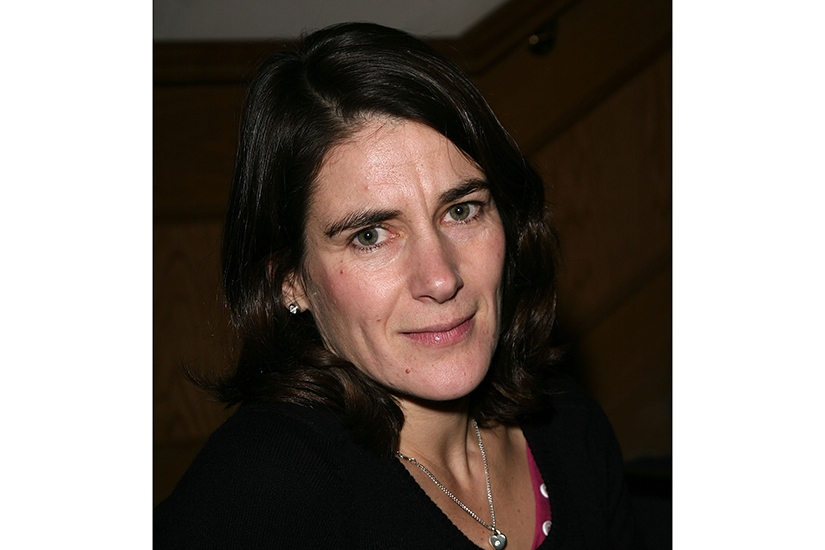A new novel by Esther Freud — her ninth — raises the perennial but always fascinating question about the use of autobiography in fiction. Since her first novel, Hideous Kinky, Freud has frequently used an underpinning of autobiography, but mostly it’s been discreet. You didn’t need to distinguish what was life, what fiction. But with I Couldn’t Love You More the autobiographical element has become overt and somehow obtrusive. Freud’s previous novel, Mr Mac and Me, concerned with Charles Rennie Mackintosh’s stay in Suffolk at the start of World War Two, is on the cusp of being an historical novel. This one is close to autofiction.
In the acknowledgements, she pays tribute to her ‘much-missed mother’ who at 18 ‘found herself pregnant and unmarried’.The idea for this novel is based on Freud wondering what would have happened to her mother if, like so many young women, she had ended up in one of those notoriously cruel Irish Catholic mother and baby homes.
So far, so good; or so awful. But it was disconcerting to read, pre-publication, an essay in the Guardian in which Freud gave a fairly fulsome account of her mother’s real life story, explaining that at 17 she fell in love with the painter Lucian Freud and went on to have a second child with him. Somehow it becomes almost impossible to read of Rosaleen, the fictional stand-in for Freud’s mother, out in the bohemian wilds of Soho, falling in love with the sculptor Felix Lichtman without immediately substituting him for Lucian.
I Couldn’t Love You More (the title’s ironic) is a mothers and daughters novel. There’s Aoife, the Irish granny on her farm in County Cork (more biog), her daughter Rosaleen, an innocent in Soho who ends up scrubbing the floors of the Sacred Heart convent, forced to give up her baby; Kate, an artist searching for her birth mother, and Freya, her death-obsessed daughter. There are no good men; there never are in a Freud novel. They are either alcoholic, adulterous, cruel or unreliable.
Autofiction aside, or forgiven, Freud is a consummate novelist. Her research is always thorough (in this one intensely imagined and vividly observed), her characters alive (ha!), her story page-turning, complex and emotionally satisfying. She’s at her best when writing from the child’s perspective, so it’s curious that we learn little about Freya. The girl’s obsession with death seems to haunt the novel, as if she knows no good can come of any of this. I wouldn’t be surprised to find her in Freud’s next novel.
Nor can I resist remarking that, unlike Rosaleen, Freud’s mother, Bernardine Coverley, avoided incarceration in a mother and baby home, kept her children and became a traveler, gardener and writer. Her two books, Successful Step-parenting (cf. Esther Freud’s The Wild) and Garden of the Jaguar: Travel, Plants and People in Chiapas, Mexico are still available.
This article was originally published in The Spectator’s UK magazine. Subscribe to the World edition here.

























